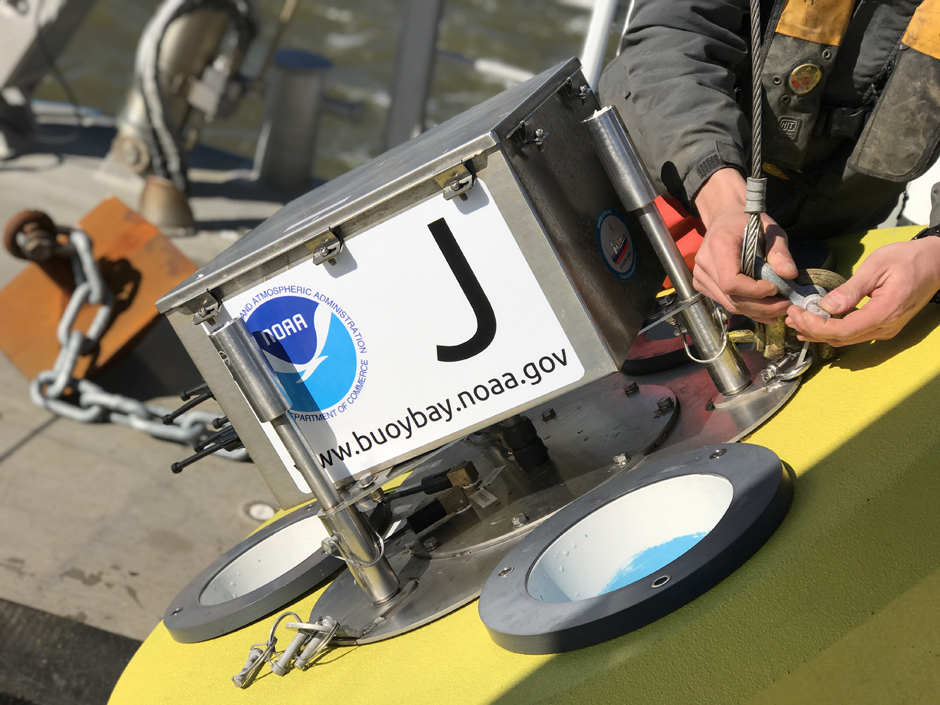NOAA Finalizes Citizen Science Strategy
Posted
Last Updated
NOAA released its Citizen Science Strategy, providing a path to better observe, predict, and understand the environment, and manage and conserve natural resources by harnessing the power of the crowd.
NOAA engages the public in support of key mission areas through the rapidly growing field of citizen science — a form of open collaboration in which individuals and organizations participate voluntarily in the scientific process. Citizen scientists take part in a range of activities from observing precipitation type and amount to tagging sharks to mapping the ocean floor.
“This strategy will ensure that citizen science continues to build from its rich history within NOAA,” said retired Navy rear admiral Tim Gallaudet, Ph.D., assistant secretary of commerce for oceans and atmosphere and deputy NOAA administrator. “New and emerging technologies, a growing field of practice, and a better connected and more engaged public are enhancing the power and applicability of citizen science to support NOAA mission areas.”
NOAA’s approach is to maximize existing and create new ways for the public to engage in scientific research and monitoring, while ensuring data quality. Citizen science as well as crowdsourcing, and challenges (“prize competitions”), provide opportunities for the agency to engage the American public, address societal needs and accelerate science, technology, and innovation. In 2019 alone, volunteers contributed more than 1.1 million total hours to NOAA citizen science projects.
This is the sixth Science and Technology Focus Area Strategy that NOAA has developed to achieve transformational advances in mission performance and efficiency. Together with advances in NOAA’s other science and technology focus areas — Artificial Intelligence, Cloud Computing, Data, ‘Omics, and Unmanned Systems —NOAA’s citizen science activities will help the U.S. continue to lead in developing innovative, cost-effective and collaborative solutions to global environmental and technology issues. These focus areas are collaboratively managed to maximize their collective impacts.
The Citizen Science strategy was refined based on feedback received through a public comment period last summer. This strategy aligns with guidance from the Administration and Congress, including the Crowdsourcing and Citizen Science Act; Implementation of Federal Prize and Citizen Science Authority: Fiscal Years 2017-18 report; and recommendations in Section 8 of the National Integrated Drought Information System Reauthorization Act of 2018.
READ MORE at noaa.gov

